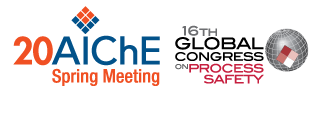

Part of the problem is that traditional engineering curriculum primarily emphasizes only one of the many optimization methods, called Non Linear Programming (NLP). NLP is unfortunately fairly restrictive for Production Optimization modeling as it requires that all describing relationships (or functions) be continuous with continuous derivatives. Additionally, in general, NLP does not guarantee global optimum and the currently available solution methods usually lack robustness.
However, there are other optimization methods. One. in particular well suited for modeling of production systems is called Mixed Integer Linear Programming (MILP). MILP does not impose function continuity restriction and furthermore allows relationships that incorporate discrete variables (such as On or Off) and relationships that span multiple operating regimes (such as low and high severity operations). One reason for unpopularity of MILP problems could be that such problems are classified as “NP Complete†(i.e. they suffer from the "curse of dimensionality"); however advances in computing capabilities this is less of an issue especially for well formulated, real life production optimization problems. And unlike NLP, MILP method guarantees global optimum, which is re-assuring.
The purpose of this presentation is to present several MILP models that could be used as building blocks for larger scale models. Details of the solution algorithm will not be discussed as these algorithms are mature, fully computerized and readily available. Modeling of both steady state as well as dynamic systems will be presented.
Presenter(s)
Language
Pricing
Individuals
| AIChE Member Credits | 0.5 |
| AIChE Pro Members | $19.00 |
| AIChE Graduate Student Members | Free |
| AIChE Undergraduate Student Members | Free |
| Computing and Systems Technology Division Members | Free |
| AIChE Explorer Members | $29.00 |
| Non-Members | $29.00 |
